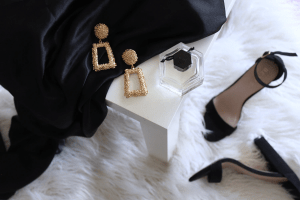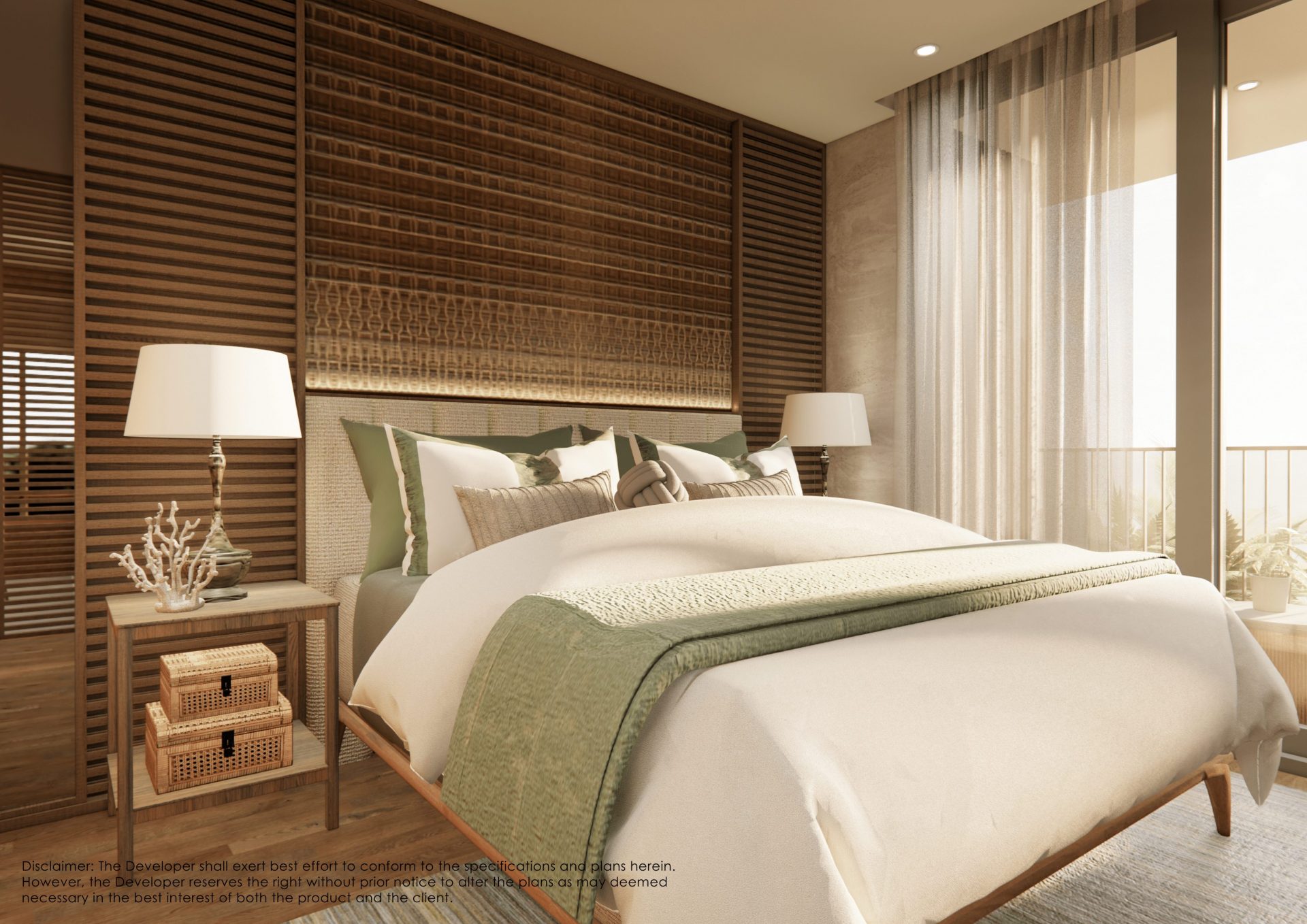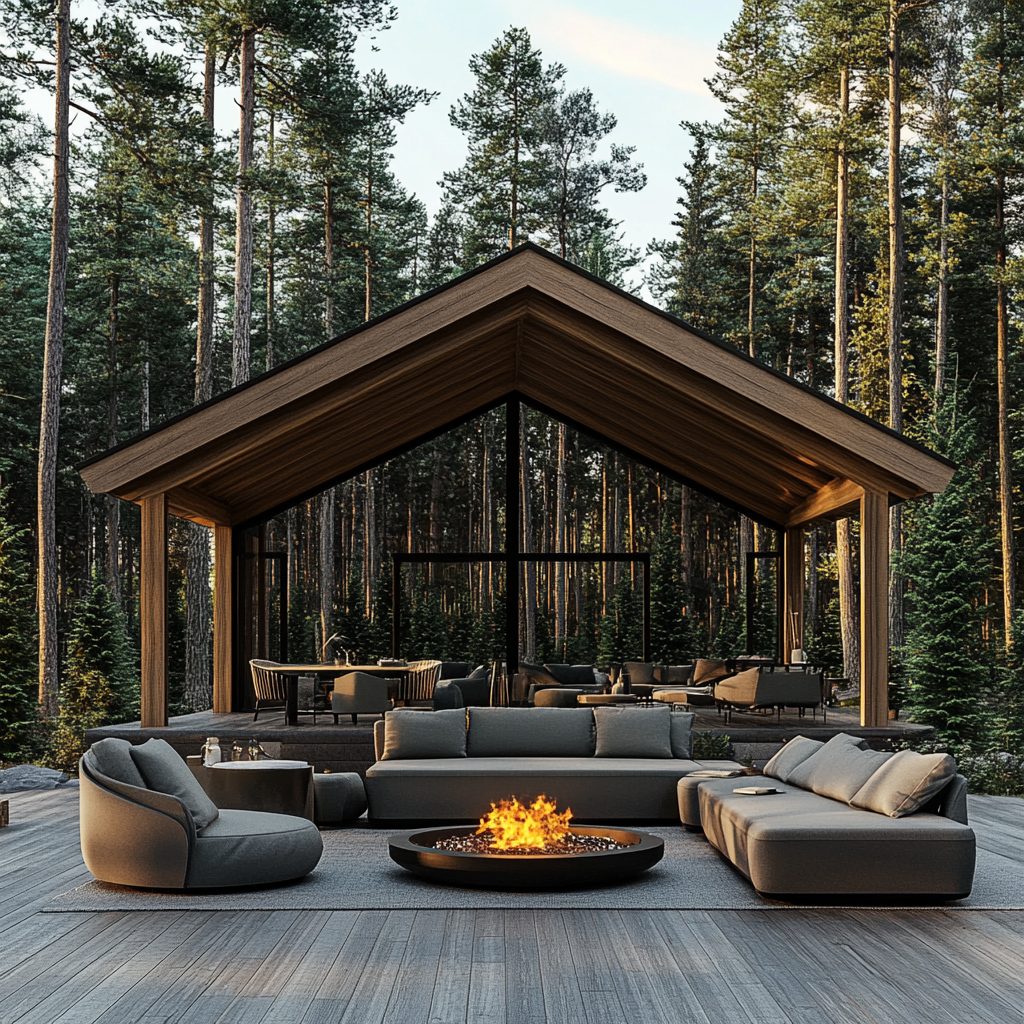BLOGS
The Emotions of Luxury
The emotions of luxury are quite a difficult concept to grasp. This uncertainty is due to the fact that if you examine it closely, the definition of luxury itself is pretty hazy and differs throughout time.
It can be hard to pin down the motivations behind the purchase of luxury homes, cars, and apparel. And because of this, a negative stereotype around luxury has developed. Nowadays, surrounding yourself with luxurious things is more often than not viewed as wasteful, arrogant, and boastful when it’s actually none of those.
In this article, we’re going to tackle in detail the emotions of luxury and show you that indulging in luxuries from time to time is good for you as well.
What is Luxury?
The word “luxury” itself is hard to pin down. Just decades ago, hearing the word luxury might evoke a sense of wealth and quality, like golden rings, expensive cigars, and leather chairs. But today, that simply isn’t the case anymore.
The messages evoked by luxury constantly change with time. Things can be expensive and high-quality, but not luxurious. You see this in luxury brands worn left and right by celebrities, icons, and even regular people. Not everyone can pull it off–others merely look rich.
So, what exactly is luxury? In this section, we’re going to discuss characteristics that together invoke a sense of luxury, no matter how much time passes and how many times the trends change.
Price
Although it’s not always a reliable measure, price is one of the first things we associate when we hear the word “luxury.” While luxurious things typically cost more, this is not the only characteristic of luxury, and it’s not even the best one.
It’s easy to dismiss a brand that only relies on price to evoke a sense of luxury as an overpriced replica of another, lower-priced and more reliable brand. But this is a mistake. Remember, there’s more to luxury than just raw numbers.
Craftsmanship

Excellent craftsmanship is one of the hallmarks of a luxury good.
We can’t overstate the importance of authentic craftsmanship when discussing what makes something luxurious.
People are and will always be willing to pay a high price for top-of-the-line craftsmanship. Since the price often reflects the craftsmanship of a particular luxury item, this is a big reason why luxury brands typically have extravagant prices.
Simply put, a product created by the top professionals in the industry, made with the best materials that money can buy, and designed with cutting-edge technology, will be purchased regardless of the price.
Brittany exemplifies this with the state-of-the-art architecture and exquisite designs of their houses and communities. We draw from the best classical inspirations, such as Italian, French, and Colonial American architecture, and make every aspect of our creations with our consumers in mind. Due to this, Brittany is one of the finest makers of luxury homes in the Philippines.
Meaning
Luxury is carefully grounded in reality. The aesthetics, the materials that form your product, the durability of your design, and the increased ability of your product to offer what other similar products are already offering – these are things that brands must show if they want to be seen as “luxurious.”
But there must be more. Together with their physical attributes, luxury homes, cars, and even apparel must evoke a meaning. This ‘meaning’ can refer to the values that the brand holds dear, the values people can identify with, and the values that consumers look for in the product.
Brittany, for example, always evokes a sense of beauty in our luxury homes. Through our properties for sale, we show that beauty is achievable only through a high level of functional design, the best expertise in aesthetics, and the utmost care for the satisfaction of the dwellers of the house.
Brittany’s “meaning” refers to the practicality and necessity of beauty in daily living. Brittany reflects beauty in every detail, in every product out on the market right now.
Rarity

A rare and luxurious vintage car.
Many well-made, reliable, and beautiful products are not viewed as luxury items because they’re too common. Of course, there’s nothing wrong with brands making availability and reliability their core values, but those traits sadly don’t make them luxurious.
This idea conveys that no matter how intricate, well-designed, and beautiful a product is, it still won’t be viewed as a luxury good if one can easily own it. On the other hand, rocks that come from the dirt and do nothing except shine under the lights are viewed as luxury items because they are rare.
Brittany exemplifies this characteristic of luxury by creating exclusive enclaves available only to dwellers of Brittany’s luxury house and lots. Not only does this heighten the luxury feel of a Brittany-made development, but it’s also practical and increases your quality of living.
Experiences
If all of the characteristics are done right, they merge together to form a pleasant, positive, and luxurious experience that altogether turns consumers into lifelong regulars.
The customer experience encompasses everything from browsing the product in-store or online t,o processing, delivery, and communication along the way. Any errors can reduce the perception of luxury, which is why brands, such as Brittany, strive to give only the best customer experience to valued stakeholders.
Brittany seeks to provide a high-quality customer experience that is both hassle-free and meaningful. Everything from your initial inquiry to your correspondence, site visit, and eventual purchase of a luxury home, is handled with the utmost care and grace. This makes Brittany is the epitome of luxury in the real estate industry.
The Psychology of Luxury: Why Do People Buy Luxury Goods?
Now that we know what luxury is–or at least the characteristics that most often comprise it–we can now discuss the emotions associated with luxury goods consumption.
In short, why do people buy luxury goods? In this next section, we’ll discuss some of the reasons why.
Self-Esteem
One of the primary driving forces of luxury brand consumption is self-esteem. This kind of self-esteem is not just the kind that we can derive from displaying and signaling our characteristics using luxury items. While that is a part of it, this kind of self-esteem refers specifically to the kind that is derived purely from acquiring luxury items in the first place.
Studies have consistently shown that luxury growth reflects tangible reminders of self-worth and self-esteem, often tied to the values–the meaning–of the brand.
This means that luxury brands reinforce people’s perceptions of themselves. For instance, a person who thinks that Rolex is an elegant, sophisticated, and high-class brand will buy Rolex watches to appear elegant, sophisticated, and high-class themselves, as their decision is driven by their emotions of luxury.
Thus, buying and ascribing to the ideals of a luxury brand increases the consumer’s self-esteem in no insignificant measures.
Identity

Most people that purchase luxury items, such as vehicles, pay not only for the craftsmanship of the product, but the image and heritage of the brand.
When you buy a luxury item, it means that you’re subscribing to that item’s set of ideologies. Their uniqueness and stature communicate the values they hold dear, and understandably, consumers want to identify with the values that resonate with them the most.
Everything from the aesthetics, craftsmanship, personality, and even the corporate mission behind the brand, are potential characteristics that consumers value because they can resonate with it. Take, for example, cruelty-free brands. There are many consumers who buy cruelty-free brands, not for the products themselves, but because they match their personal beliefs.
In cases like this, not only does the luxury brand boost self-esteem, buying from that brand also shows to the world that the buyer subscribes to the values of the company.
This feeling of confidence and reaffirmation of personal identity, brought about by the purchase of luxury items, can be a strong driving factor for many consumers.
Trust
Luxury brand consumers are now more mindful of economic and social ethics. More specifically, they are beginning to look into whether or not companies are fulfilling their responsibilities to society and the environment.
In exchange for lavishing luxury companies with their patronage, luxury consumers demand brands to give back to their communities, the industry, and the environment. If a brand fulfills all of this successfully, the consumers will place their trust unconditionally and will want to be associated with that brand.
Belongingness
Extending the idea, these values aren’t just applicable to one individual – they appeal to a group of people. And where a group of people shares the same values and characteristics, a sense of belongingness forms.
When you frequent Calvin Klein apparel, you aren’t just sexy, casual, and classy yourself; it means you belong in a community of sexy, simple, and refined people. When you live in a Brittany home, you live in a high-class and exclusive community that values beauty in their everyday lives.
This form of belongingness affirms your identity and gives you a sense of ownership. If you’ve had a positive customer experience with a brand, and you agree with the values that the brand holds dear, then suddenly, that brand is now “your brand.” From now on, you’re going to prefer it above everything else because it’s “yours.”
Authenticity
People have a deep-seated attachment and desire for authenticity. This is the reason why, if you genuinely care about the product that you buy, you pass up on fakes and choose the real thing, even if they look exactly the same and cost much less.
This is also one of the main arguments against the notion that people only buy luxury goods to show off and look good. If the only reason for buying luxury is to show off, then it shouldn’t matter if it’s not real, as long as you can still look good.
But for many people who patronize luxury brands, they keep coming back because of the authenticity. Even if other people might not notice, it still matters because the sentimentality that one gets from the entire experience of choosing, buying, and anticipating the product is part of what makes the brand luxurious.
After all, at the end of the day, we mainly buy luxury products for ourselves and not others – that is why we care for their authenticity.
Convenience
Nothing lowers a luxury brand value more in the customer’s mind than lousy customer service.
Things like automated call systems, long wait times for a response to an inquiry or complaint, and hastily composed emails, all show lack of commitment and care for the customer’s well-being.
People buy luxury items because luxury brands have excellent customer service to back them up. If a brand sells expensive products but barely cares about its customers, then it’s not luxurious. Instead, it feels scammy. It’s as if the company doesn’t care as long as the money is already in their hands.
Luxury is also about creating a relationship between the company and the customer with excellent service. Communication is a vital aspect of this relationship, whether that’s answering an inquiry, notifying the customer, or simply being attentive about their concerns.
This helps to answer customer’s concerns speedily and without hassle. Along with the reassurance that everything is alright, these things work together to drive up the brand’s value.
Accomplishment

Purchasing luxury items give its buyers a sense of pride and accomplishment.
Lastly, people buy luxury goods because of the sense of accomplishment that it produces. A luxury brand is something desirable, uncommon, and something that has to be earned.
For instance, a hard-working career woman may buy Louis Vuitton bags and shoes because she feels that she has rightly earned them for her hard work these last few months. Her sense of accomplishment is solidified into something tangible and displayable, like the luxury accessories she had just bought. This is the essence of the emotions of luxury.
The Emotions of Luxury
The emotions of luxury may seem complex at first glance, but once you understand them, you’ll see that they actually make sense.
Many people don’t buy luxury goods merely to look good and signal to others their self-worth. That might be a part of it, but it’s so much more personal.
When we seek luxury, we seek primarily for ourselves. The motivations are purely emotional, whether to enhance our self-esteem, reaffirm our identity, feel a sense of belongingness, have a sense of authority, develop trust towards a brand, have an easy time shopping, or simply reward ourselves.
Here at Brittany, our products are made with the emotional wellness of our consumers in mind. By imbuing our luxury homes with beauty in every detail of their design, we’ve created something with the finest craftsmanship, unique meaning, and convenient service. More than that, we’ve managed to cultivate a sense of belongingness within our exclusive enclaves and state-of-the-art community.
This way, Brittany best captures the emotions of luxury.
















